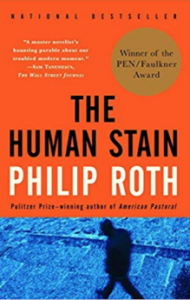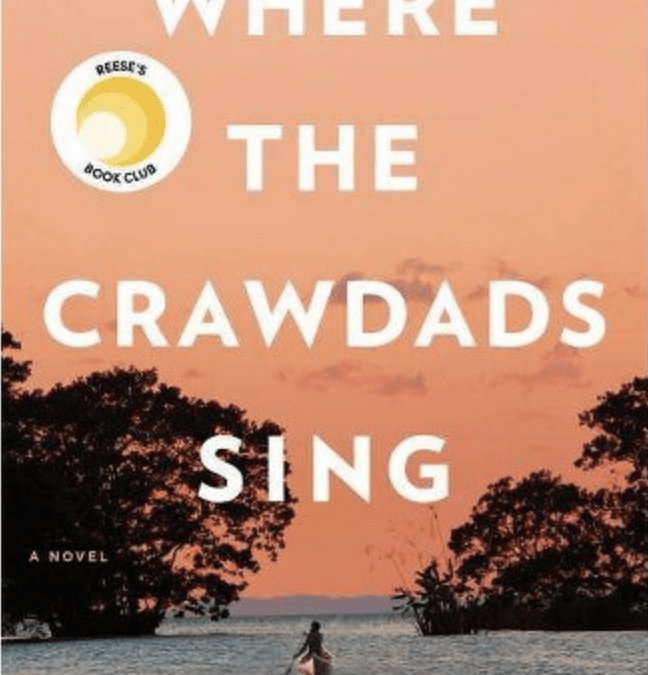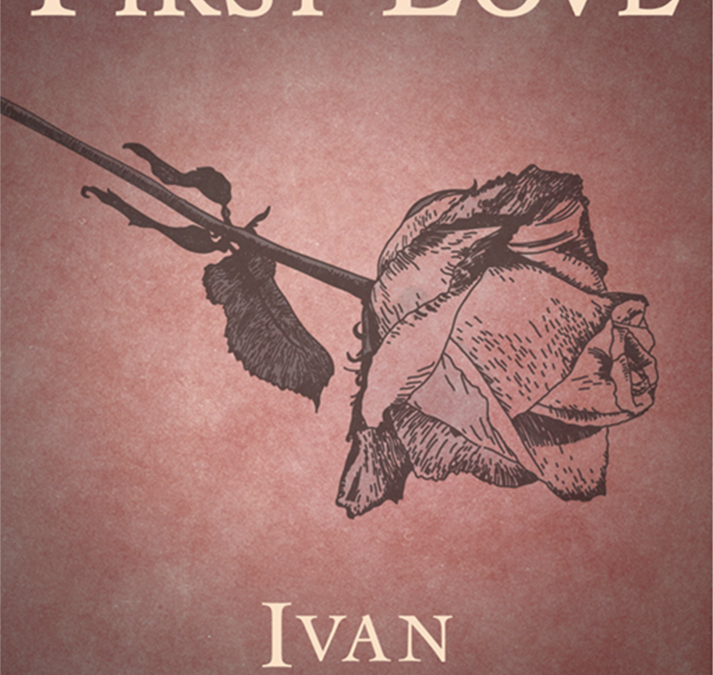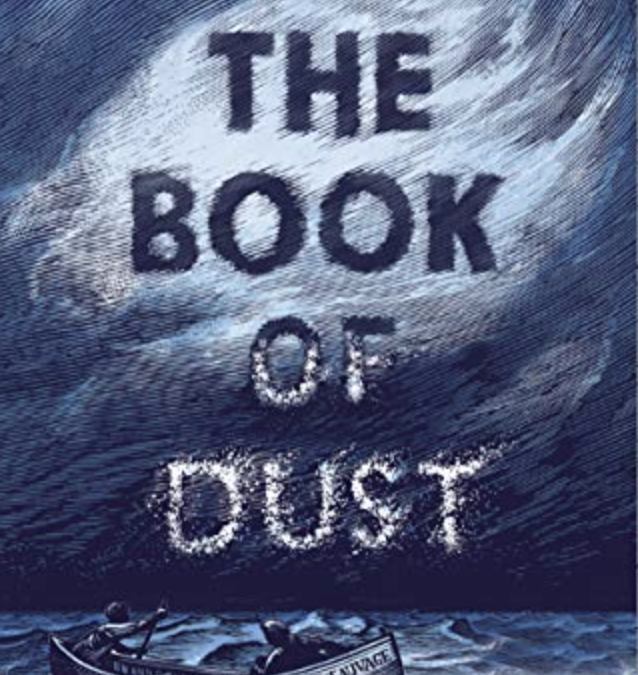The Human Stain by Philip Roth

The Human Stain by Phillip Roth. For me, this was worse than watching paint dry. So much so, I think it’d have better been named “The Human Strain” instead.
I finished The Human Stain by Philip Roth this past weekend.
In many places, it feels like Roth crams four pages of internal monologue into 20.
The name for having to read this book could be The Human “Strain.”
I read this book on my Kindle and listened to other parts on Audible to help speed things along.
I don’t normally do that but there was so much gray on the pages my brain needed a break.
The Human Strain
All that said, I did like the story, and more importantly, I learned some important things about writing from reading The Human Stain.
That simply must be emphasized here.
There were times Saturday when I wanted to drive to Interabang Books in Dallas and buy a hard copy of the book to have to underline in it, so I can go back to passages in time and read them again and pull from them, possibly.
But then I got to sections, like when Delphine Roux has her thoughts … and thoughts … and thoughts … and thoughts … and thoughts … right before the climax of the book and I damn near put it down for good.
This is what one is taught not to do in writing schools.
And yet the book was the winner of the PEN/Faulkner Award.
So like in all things, there are rules. But they are meant for everyone else.
Summary about the Human Stain.
There was a lot of head hopping in this book, things that Nathan Zuckerman could not have known to write it.
When he’s supposing in his head about a character, like the example above of Delphine Roux, an antagonist of protagonist Coleman Silk throughout the work, suddenly in the next sentence, we’re in Delphine’s head and we know all about her life in France before coming to America.
We know about the men she was with.
We know about her mom and her mom’s French history.
We even get to hear her mom talk. We know about a trip she took to New York.
We know how she sent an anonymous letter. We know how she contrived a b.s. story to tie into the death of Coleman Silk.
None of which Zuckerman could have known–yet he presents it in the story as fact.
The same for Les Farley.
The same for Faunia Farley. The same for Coleman Silk. The same for the guys who take Les Farley to the Chinese restaurant and out to the portable Vietnam Wall.
Yes, this is fiction, but I had a hard time with that when it’s been drilled into my head, “No head hopping.”
Half-Mast v. Half-Staff
Another point, Roth shows he has a vast knowledge of the classics, foreign languages, literature, the psyche of the human condition, etc, (and that’s a big, etc.)
But he makes the simplest of mistakes which makes me question all the rest of it.
The mistake?
He says, repeatedly, that the US flags have been lowered to “Half Mast.”
The only problem is that masts are on boats, and most flags in the US, particularly the ones on land, fly on staff.
So the proper use of the term is to say, “Flags are flown at half-staff.”
I wonder if his editors, being so overwhelmed with all the other profundity, simply didn’t bother to check.
“He must be right!”
Or had their minds been so numbed with the 4 pages into 20 monologues they were simply too fried to check out something so simple?
Raising the Stakes – Negation of the Negation
But I came away with a better sense of the proverbial “raising the stakes.”
Robert McKee’s point of the “Negation of the Negation.”
Coleman Silk has a secret and that secret ultimately isn’t his undoing, but drives the story to the dark corners it sheds light upon.
And that’s the beauty of what Philip Roth does with The Human Stain. Race, political correctness, morality, family relationships, secrets, all those themes are woven together and pushed as far as they can be taken. And that is what works in this book. That is what makes it a good read, and a beneficial read as I continue to work toward my goal of reading 101 literary works to help improve my own writing.
Conclusion
Read The Human Stain. It won the PEN/Faulkner Award.
After seeing Faulkner’s name, yeah, I can see why.
(If I could think like that and the synapses and dendrites of my neural pathways were not searing from having spent forty-eight hours of heat-seared Texas summertime sunlight and unseasonably cool evenings surveying the pages of Philip Roth’s book searching for the meaning in his words and trying to find personal meaning and satisfaction in each single solitary one of them for my own beneficial use, I’d write a long and in-depth sentence explaining how that makes every bit of perfect sense to me and how when each new day begins for the rest of my life I will be a changed man because of reading such expansive thoughts that he included on his pages, well, you get the idea….)







0 Comments